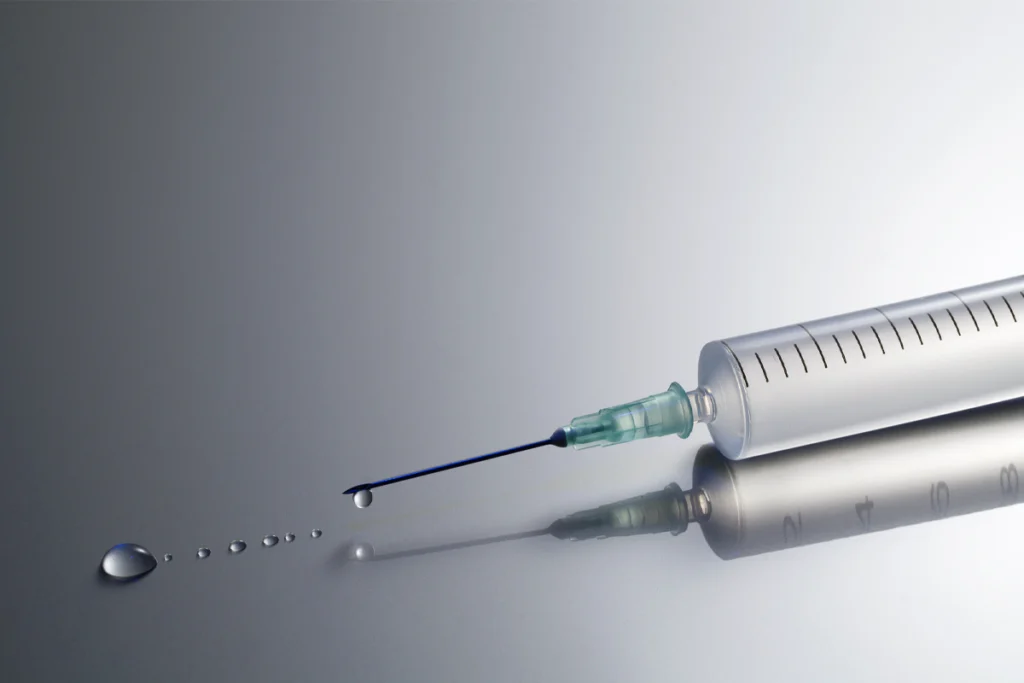Employees at the U.S. National Institute of Neurological Disorders and Stroke (NINDS) who received layoff notices last month are no longer facing termination, The Transmitter has learned.
On 1 April, 30 institute employees—including 11 lab heads—received notices of reduction in force (RIF), the result of a coding error, The Transmitter previously reported. They were then asked on 2 April to return to work “immediately” and have since been receiving their salaries. As recently as earlier this week, however, they had not been formally reinstated and still faced losing their jobs on 2 June, as CBS News reported Monday.
Now those RIF notices have been officially revoked, according to an email seen by The Transmitter, which was sent Tuesday by the Department of Health and Human Services (HHS). All 11 lab heads received the new email reinstating them, according to three NINDS sources who requested anonymity out of fear of retaliation. The other 19 employees affected by the coding error also received the email, according to one of the anonymous NINDS employees.
That same employee adds that since April, they and others had received “constant reassurance” verbally from leadership at the National Institutes of Health (NIH), including NIH Director Jay Bhattacharya, that the RIF notices would be rescinded before the termination date. But after more than a month of not receiving any official notice of reinstatement from anyone at the NIH or its parent agency, the HHS, it was unclear whether the matter would be resolved, the employee says.
In budget hearings over the past two weeks, HHS Secretary Robert F. Kennedy Jr. has repeatedly said he was not aware of any working NIH scientists—including the NINDS lab heads—being fired. “I will have to go and talk with Jay Bhattacharya and find out what the rationale was for those cuts,” he said in a Senate hearing yesterday in response to questions from Senator Dick Durbin of Illinois about why the NINDS lab heads and other NIH researchers had been laid off.
In response to The Transmitter’s request for comment, the HHS sent a statement attributed to an NIH spokesperson: “Leadership at HHS and NIH has been actively engaged in ensuring that critical scientific work continues without disruption, particularly in areas of high public health importance. The Department values the contributions of all its scientists and remains focused on advancing research that serves the American people.”
The 11 principal investigators previously facing termination collectively oversee about 100 trainees, according to two of the anonymous NINDS sources. Over the past month, the looming possibility of 11 senior researchers permanently leaving has made it difficult to “move projects forward,” says a member of an affected lab who requested anonymity out of fear of retribution.
News of the revoked RIFs marks “one less uncertainty” for employees at the institute, the lab member adds.





